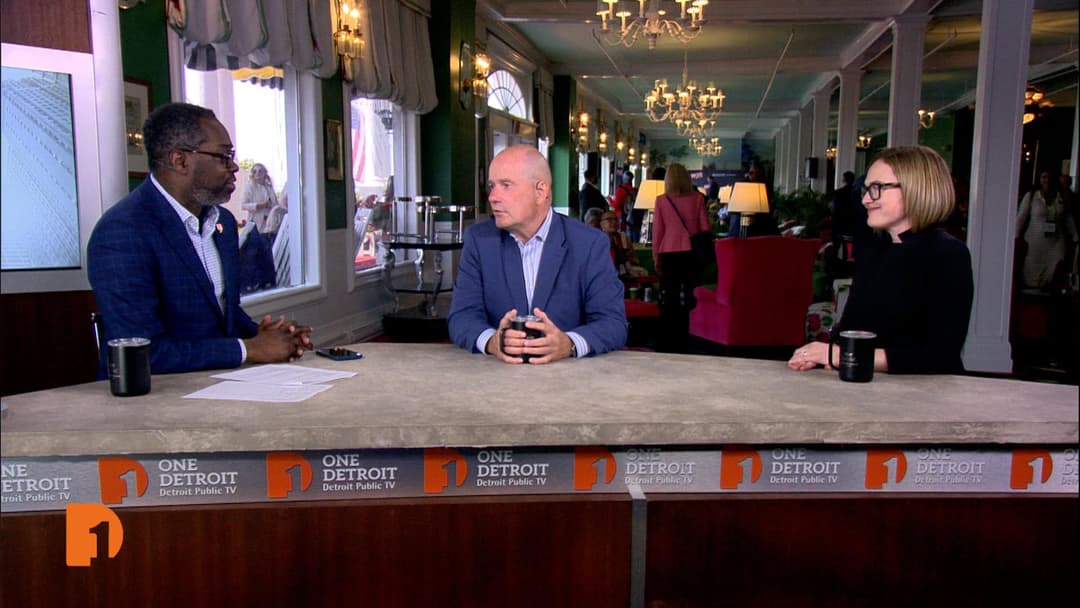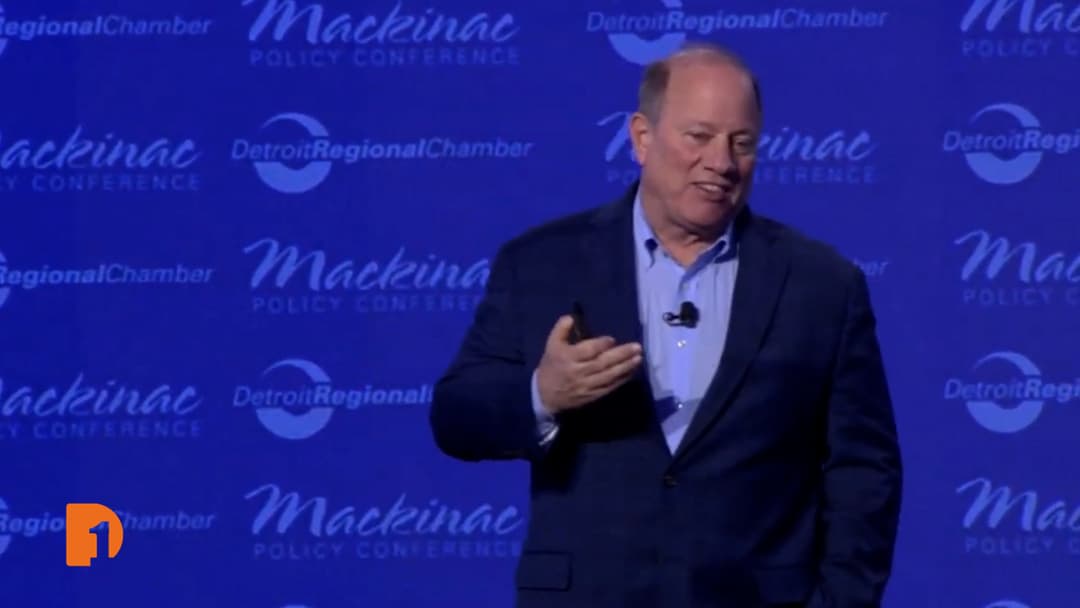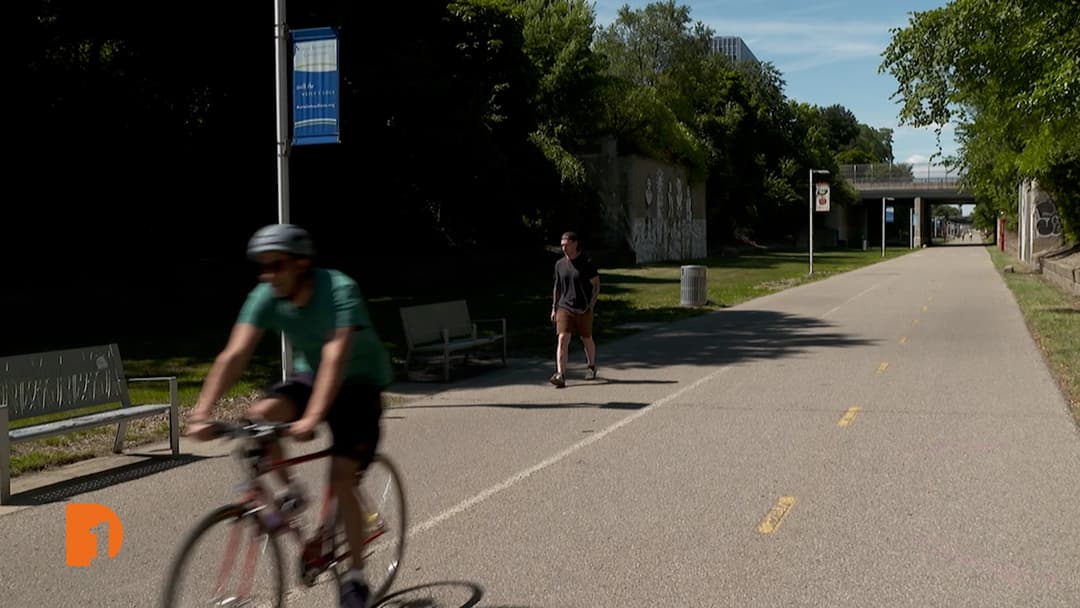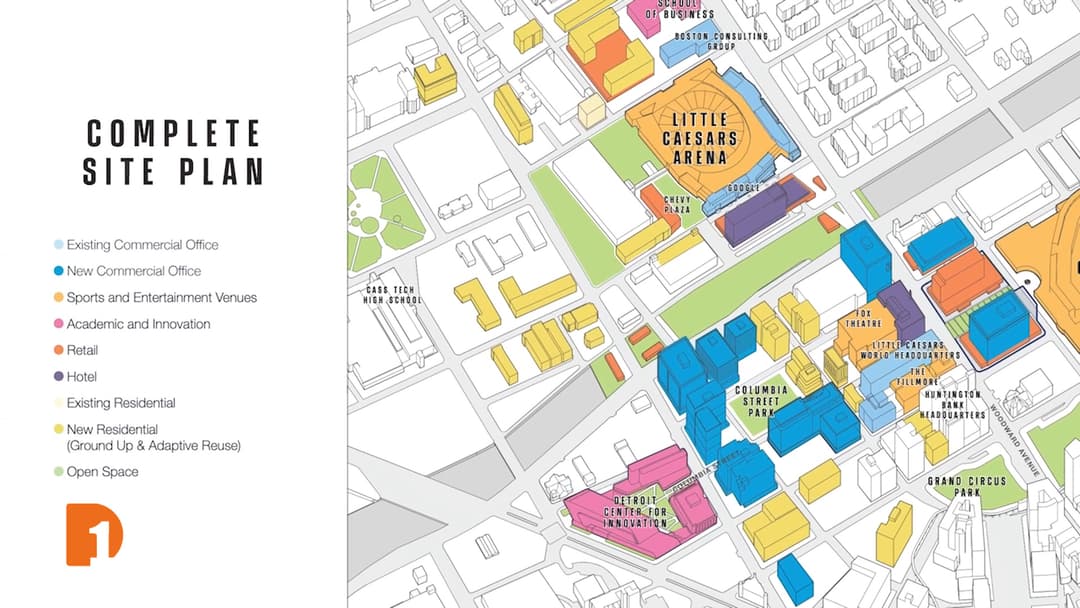
Regional Transit Plan Rejection Brings Back Recent Memories
Aug 4, 2016
Disclaimer: Opinions expressed in this post are those of the author individually. Detroit Public Television, as a community organization, does not take a position on issues such as this.
By Ed Moore, Director, Content and Detroit Bureau, Detroit Public Television
Goodwill toward Detroit seemed to be at all time high. Media outlets around the world clamor for Detroit content. Mike Duggan was one of very few mayors invited to speak at the Democratic National Convention. Prodigal former Detroiters like MSNBC’s Ron Fournier are moving back to help write the comeback story.
[et_pb_video _builder_version=”3.2.2″ src=”https://youtu.be/kO6ldiiqsBE” image_src=”//i.ytimg.com/vi/kO6ldiiqsBE/hqdefault.jpg” /]
The forward momentum Detroit is experiencing appeared to be unstoppable…until last Thursday. Late in the afternoon news broke that the Regional Transit Board voted down the proposal. A cold splash of reality hit everyone who works downtown and believes that this goodwill is universal. Even Duggan admitted to being “blindsided” the next day on WDET’s Detroit Today.
Since then, there’s been a dramatic turn of events. Last minute negotiating resulted in an unexpected deal heralded by L. Brooks Patterson, “It’s a huge breakthrough today.”
But even if the regional transit plan now makes the ballot in November, we’ve already had a taste of why approval and funding of the transit millage will be an uphill battle. Contained within the many comments gathered by the Detroit Free Press was an all too familiar rebuke to any proposal that smacks of regional planning – a tired rejection of anything that requires a simple dedication to a civic ideal.
The millage is based on home value, and the homes with the highest value are in the hinterlands of Oakland and Macomb counties, where it sounds like there will be little or no service.
No one involved in this project seems to understand that not everyone in the region travels to Detroit on a daily or yearly basis. I have lived here 34 years and can count on one hand how many times I have visited the city.
Dick Isham, Farmington Hills
I don’t know Mr. Isham nor do I know his situation. He may be on a fixed income. He could be struggling to make ends meet. The proposed millage does come at a cost – approximately $120 annually based on a home value of $200,000. Perhaps this amount is one step beyond his capabilities.
However, we cannot deny the compulsive tit-for-tat accounting that some in the ‘burbs use to measure value in everything from libraries, to art museums, and even schools. In 2010 the then mayor of Troy vowed to shut down its library after an initial defeat of a property tax of 1.9 mills.
We also forget how close the Detroit Institute of Arts’ 2012 millage vote came to being permanently crippled by an extremely close vote in Macomb County.
These events are not ancient history. But the progress made in Detroit tricked some into believing that some fundamentals attitudes had at least shifted. Mr. Isham’s comments reminded me that this myopic point of view still exists. But what this stringent quid pro quo approach does, however, is ignore a larger social need. A need that impacts Mr. Isham’s neighborhood whether he understands it or not as well as those “in the hinterlands of Oakland and Macomb counties” (the home counties of L. Brooks Patterson and Mark Hackel – two of the dissenting votes on the RTA board.)
The need is simple and well-documented: twenty-six percent of all Detroit residents do not have a car. The vast majority of jobs are many miles away in the suburbs. According to a January 2016 report by SEMCOG titled Access to Core Services,
residents using current public transportation travel on average between 60 and 90 minutes one way to work. Tack on anywhere between five and 30 minutes that residents need to walk (in all kinds of weather) to a fixed-route transit location. Keep in mind these minutes are averaged out across the region. In many blighted areas of Detroit, the wait times are longer; distances walked are farther. Just ask Robbie Johnson.
[et_pb_video _builder_version=”3.2.2″ src=”https://www.youtube.com/watch?v=bH2QnTi-J2Q&feature=youtu.be” image_src=”//i.ytimg.com/vi/bH2QnTi-J2Q/hqdefault.jpg” /]
Now we’re talking about a severe impediment to any person or family struggling to dig himself, herself or their loved ones out of poverty. These Detroiters are isolated; economically and socially segregated. Tens of thousands of Detroiters are stranded without adequate access to core services such as groceries, healthcare, schools and jobs. So while a bus may not drop a resident of Farmington Hills off at his or her front door, the obvious equity this creates generates value for the entire region.
However, if this argument does not move or speak to you directly, then consider this economic value proposition. A portion of our tax dollars (via federal grants to states) fund certain work force development programs in places like Detroit to help give those without a high school diploma or a GED skills for the workplace. But many times, these are the very people who have no reliable transportation to reach their place of employment. Soon they lose their job and give up on an impossible situation. What if instead they had reliable public transit and became tax-paying citizens able to purchase goods and services? Then we would see real, measurable value that our tax dollars would be having in this case. And what of the other hidden costs? What if these same stranded Detroiters were now able to get to a grocery store that carries fresh fruit and vegetables improving their health and keeping down healthcare costs across the board? What if they are able to reach schools in a timely manner so that their kids are getting the education they need to improve their standard of living?
But gaming out the transit issue does not require consideration of value beyond the suburban border of a specific town or village. For instance, the City of Troy will soon put before City Council a new master plan that has been three years in the making. The master plan addresses Troy’s aging population by focusing on increased density, walkable locations and, you guessed, transportation options. The city’s planning director, R. Brent Savidant, was quoted in the Troy Times saying, “By 2040…Troy will have more seniors than people under the age of 18.”
Other townships and villages across Oakland and Macomb counties resemble this future description. And many of these communities are set up like Troy is today: hardly walkable with core services spread thin and far-flung. Driving won’t be an option for many of these residents. They will need transportation; that day is coming. Because without transit, some of these future elderly suburbanites will themselves sit stranded.
For five Regional Transit board members, last week’s plan contained what they deemed legitimate concerns about the way the plan was set up. As of yesterday evening, these concerns have been addressed. But convincing the majority of a 9-member board is a far cry from convincing taxpayers. If transit and other big ticket regional plans are to proceed and help Detroit, indeed Southeast Michigan, thrive in the 21st century, the dollar in, dollar out mindset is will not work. This approach is rarely an accurate reflection of the potential value plans like this hold. Just don’t expect curbside service.
A Note from One Detroit:
As part of our commitment to tell the past, present and future of Detroit outward, One Detroit will continue to update and provide context to the latest news regarding the Regional Transit plan.
Stay Connected
Subscribe to One Detroit’s YouTube Channel and don’t miss One Detroit on Thursdays at 7:30 p.m. and Sundays at 9 a.m. on Detroit PBS, WTVS-Channel 56.
Catch the daily conversations on our website, Facebook, Twitter @OneDetroit_PBS, and Instagram @One.Detroit
Related Posts
Leave a Reply
Your email address will not be published. Required fields are marked*



























